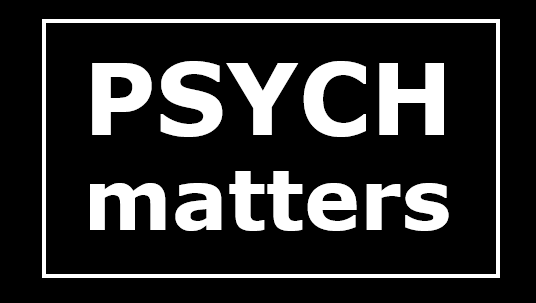“So find something new to try, something to change. Count how often you succeed and how often you fail. Write about it. Ask people what they think. See if you can keep the conversation going.”
This is the final paragraph in Atul Gawande’s 2007 book, Better: A Surgeon’s Notes on Performance. While his advice is directed at newly-minted physicians, it’s more broadly applicable. In our case, let’s talk higher education.
1. “Find something new to try, something to change.”
You’re reading this blog. That puts you solidly in the camp of people who are interested in trying new things. Not all new things are better, of course. What works for me may not work for you. But if you don’t try new things, how will you know?
2. “Count how often you succeed and how often you fail.”
Gawande writes about Virginia Apgar, a physician (anesthesiologist) who created a scoring system (rubric) for evaluating the health of newborns, now known as the Apgar score. “Published in 1953 to revolutionary effect, the score turned an intangible and impressionistic clinical concept – the condition of new babies – into numbers that people could collect and compare. Using it required more careful observations and documentation of the true condition of every baby. Moreover, even if only because doctors are competitive, it drove them to want to produce better scores – and therefore better outcomes – for the newborns they delivered.”
The Apgar score improved neonatal care. The act of measuring was enough to prompt changes that resulted in better outcomes. The behavioral change research tells us that’s exactly what we should expect to happen. If you want to change a behavior, the first thing you need to do is track how often you do/don’t do it. Want to exercise more? Track how often you exercise. Want to eat better? Track what you eat.
This is what the push for assessment in higher education is about. What outcomes are important to us? Let’s measure those outcomes; think of these as Apgar scores for each of our students. If we’re not happy with those scores, we can see which parts of the rubric are bringing our scores down, and then refer back to #1, “Find something new to try, something to change.” And this is why I strongly advocate for classroom level assessments as opposed to something at the college level. I can change something I’m doing with my students. If the college learns that our students are scoring in the 60th percentile on a standardized test, say on critical thinking, I don’t know what to do with that information. My students might be improving over the course of a term on critical thinking, but when assessed at the college level I can’t see that.
We need to share what we learn, where you share doesn’t much matter. Present at a conference. Write for a newsletter. Create your own blog. Send what you learn to your professional listservs. Sharing gives others something to try. I’ve also found that writing helps me sort through my thoughts and disentangle the mess that they often create.
There’s a movement afoot to get more people involved in the Scholarship of Teaching and Learning (SoTL – pronounced sew-toll). A lot of us are doing #1 (find something to change) and #2 (counting how often we succeed/fail), but we need to do more #3, sharing what we’re learning.
4. “Ask people what they think. See if you can keep the conversation going.”
Gawande brings this up in the context of making a connection with others, e.g., patients, nurses, other hospital employees by asking “unscripted” questions – “Where did you grow up?”, “What made you move to Boston?” Anything, really. While we all have our roles, it’s nice to remember that we’re all people first and foremost. Chat with your students before class. I know you’re busy. I know you’re rushed. But is it time to rethink priorities? That email you want to get sent off before you go to class will still be there when you get back. It’s not life and death. It’s just higher education. Email can wait. In fact, that’s what email was designed for – something that can wait until you have time to get to it.
The value of unscripted conversations also applies to our colleagues. I work in a very collegial department, but our collegiality is not an accident. Like any relationship, collegiality needs to be tended to. We meet, on average, every couple weeks – on Fridays, and our meetings typically last 2 to 3 hours. It’s not because we have that much official business to cover – generally we don’t get through our modest agenda as it is – but because we all value the camaraderie. We talk about our week’s trials and tribulations both in and out of the classroom. We seek and share advice on dealing with particularly difficult students. We discuss how we approach different topics in our courses. We discuss new assignments we’re trying and how those seem to be going. Yes, of course, we’re not working in utopia. Sometimes we get irritated with each other, but our frequent meetings let us work through those rough spots quickly.
Finally, #5. This is my suggestion, not Gawande’s. Read widely.
You never know where you’ll find inspiration.
As we begin a new academic year, what are you going to do to get better?


